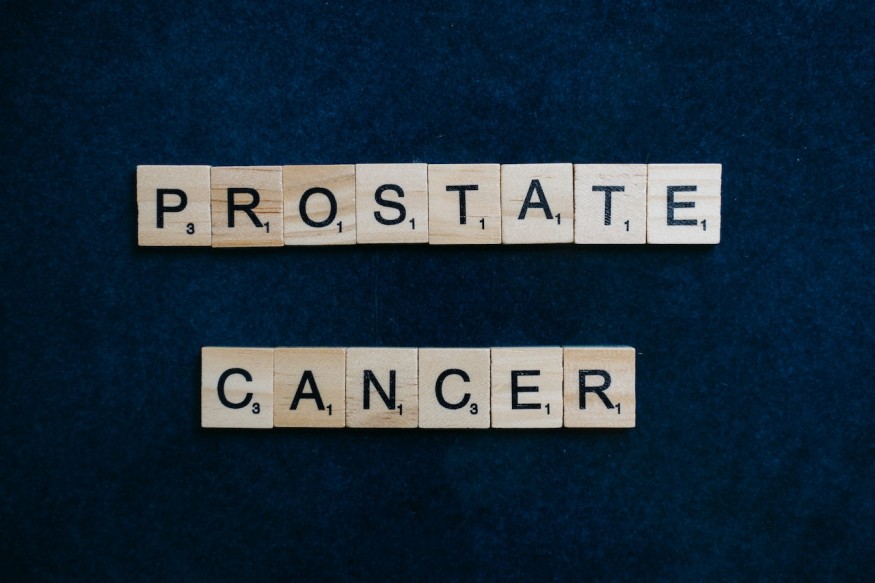
Based on decades-long research, several prostate cancer patients may delay or avoid harsh treatments without threatening their chances of survival.
Can You Delay or Avoid Harsh Prostate Cancer Treatments?
Live Science reports that, rather than going for radiation exposure or prostate removal surgery, these patients may have their cancer consistently monitored after the diagnosis is made. Such harsh treatments may lead to long-term side effects, such as erectile dysfunction or urinary leakage. They can also result in other bowel, urinary, or sexual function problems.
Given this, these results could be encouraging for men who want to avoid incontinence and sexual treatment-related issues, according to Dr. Stacy Loeb, who is a prostate cancer specialist at Langone Health at New York University and was not part of the research.
However, Dr. Freddie Hamdy, who is a professor of surgery and urology at the University of Oxford, mentioned to CNN that this advice may only be applicable to those who have intermediate- or low-risk prostate cancer. For those with high-risk conditions, it is important to access prompt, aggressive therapy.
The men who were part of the study were mostly low-risk and in the earliest stages of cancer.
Read also: Man Battling Prostate Cancer Suddenly Develops an Irish Accent: How Real Is Foreign Accent Syndrome?
Men With Low-risk or Intermediate-risk Prostate Cancer May Take Time To Consider Treatment Options
According to NBC News, the study directly evaluated and compared three different approaches. These were, namely, tumor removal surgery, radiation therapy, and monitoring. In most cases, prostate cancer slowly progresses. Hence, it may take years for the outcomes of the condition to be seen.
Dr. Loeb said that there was no significant difference in the 15-year mortality of prostate cancer between different groups. Moreover, survival was reportedly high regardless of the approach to treatment. The chances reached as high as 95%, which is very good news.
Dr. Hamdy says that men who have localized prostate cancer need not panic or make rushed decisions. Rather, they must carefully weigh the pros and cons of therapy options. However, this is only for those with low- or intermediate-risk prostate cancer. Men with more advanced or high-risk conditions need to go through urgent therapy.
CNN reports that other specialists who did not participate in the study agreed that the research was quite reassuring for prostate cancer patients as well as their physicians. Dr. Bruce Trock, who is a professor of urology, epidemiology, and oncology at the John Hopkins University, said that, when men are carefully examined and their risks are checked, one may delay or avoid treatments without missing out on the opportunity to treat the patients.
Prostate Cancer
Being the second most common type of cancer among men in the US, prostate cancer gets diagnosed in around 11% of Americans. Overall, around 2.5% of the patients succumb to it.
CNN notes that prostate cancers tend to progress slowly. Typically, it takes over a decade for prostate tumors to lead to significant symptoms.
RELATED ARTICLE : Can Prostate Cancer Be Cured? Activating This Cell May Help Eliminate Killer Cells
Check out more news and information on Medicine and Health in Science Times.












